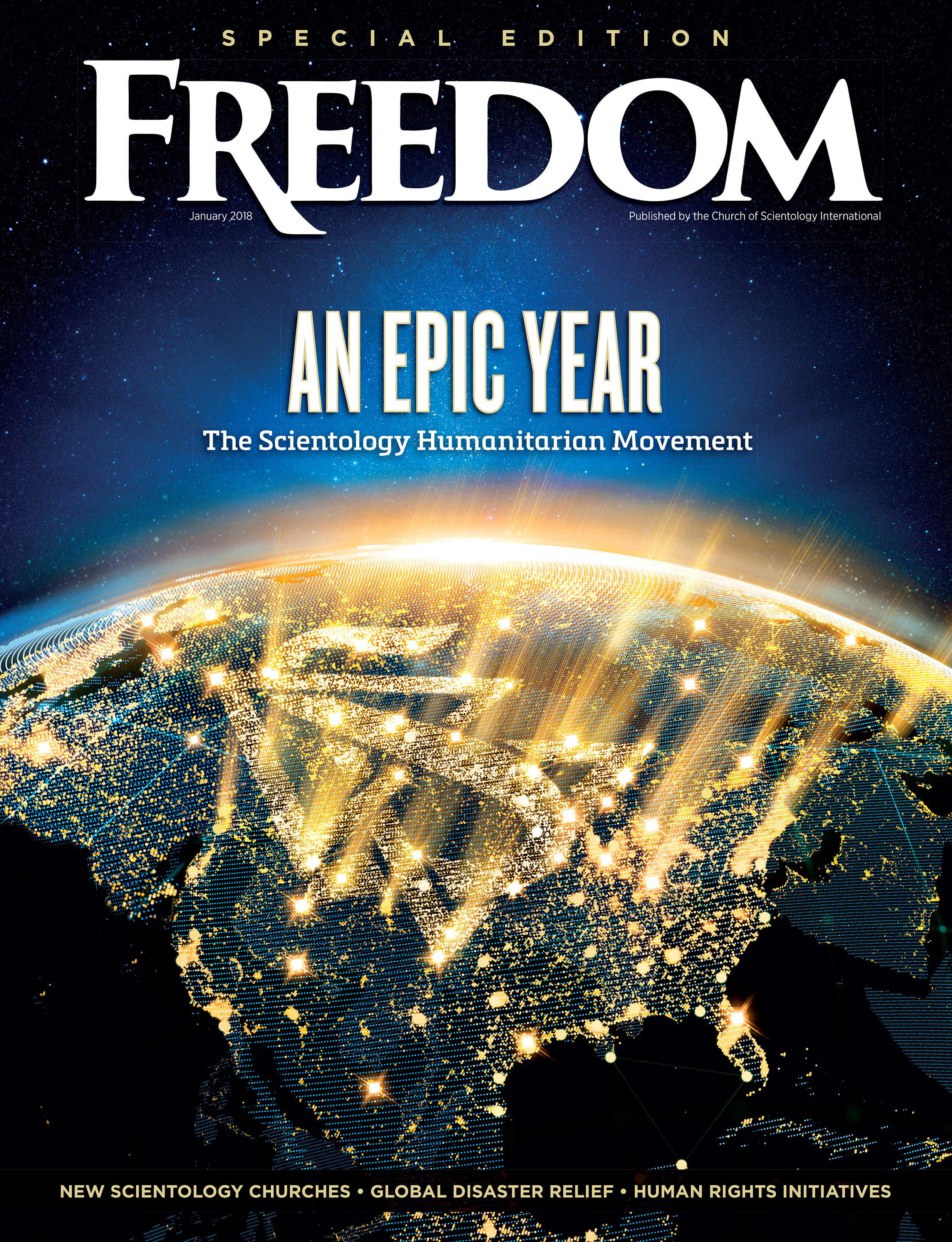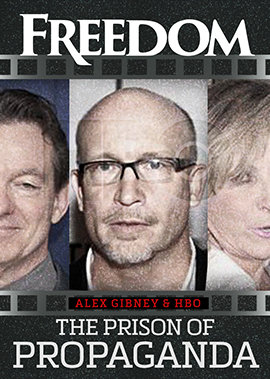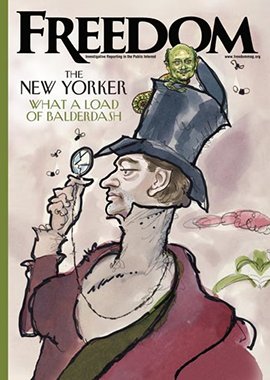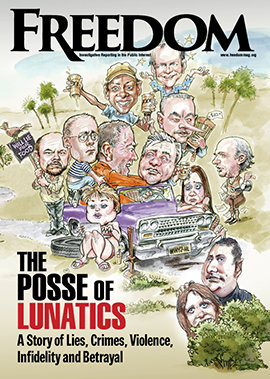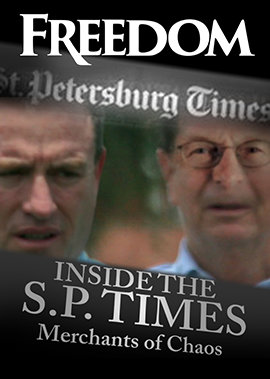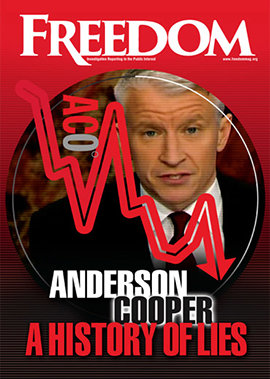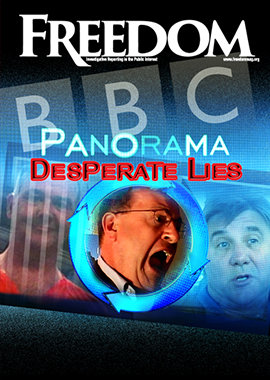The 87-page report, compiled in accordance with the 1998 International Religious Freedom Act charging USCIRF with that duty, spotlights the world’s trouble spots where freedom of religion is violated. The Commission, as it does every year, recommends that particularly egregious violators—designated Countries of Particular Concern (CPCs)—be singled out for trade and diplomatic sanctions until they recognize and cease trampling on their people’s religious rights.
“Religious freedom goes hand in hand with basic survival.”
USCIRF’s report had a lot of ground to cover. In one-third of the world’s nations, one can be imprisoned or killed for having the wrong belief. Eighty percent of the world’s population lives under some form of religious restriction. In Nicaragua, for example, the government has forced leaders of the Moravian Church into exile, arrested members of the Mountain Gateway ministry—including US citizens—and has looked the other way while houses of worship are vandalized. Meanwhile, the faithful are forced to practice their religion at night in hiding.

The Chinese Communist Party has forced its ideology into every religion—Buddhism, Taoism, Islam, Christianity and others—to the point of rewriting the Bible and substituting quotations from the party leader to replace the Ten Commandments in churches.
In Nigeria, Christian children have been kidnapped, and 30,000 bandits motivated by religious hate in the northwest region have made repeated attacks on the Christian community. A Catholic priest was abducted after he offered himself in place of two seminary students who had been taken at gunpoint.
Meanwhile, some nations are guilty of the international crime of refoulement, the practice of forcing a refugee or asylum seeker to return to a country or territory where he or she is likely to face persecution. Pakistan and India have deported Afghan and Rohingya Muslim refugees, respectively, back to Afghanistan and Burma, where they face grave—even mortal—danger. Nigeria’s government continues to shut down displacement camps sheltering Christians fleeing the terrorist group Boko Haram.
Democratic nations, too, have suffered from hatred and violence against their religious communities. Berlin’s police chief warned Jews to hide their religious identity for their own safety in certain parts of the city, while in Canada a rash of attacks on synagogues has endangered a community that previously lived in peace.
This year’s worst violators, which USCIRF recommended be designated as CPCs, are: Afghanistan, Burma, China, Cuba, Eritrea, India, Iran, Nicaragua, Nigeria, North Korea, Pakistan, Russia, Saudi Arabia, Tajikistan, Turkmenistan and Vietnam.
USCIRF urges the US government to levy economic, political and social sanctions on these nations.
The customary format of the USCIRF release event features the commissioners, seated at a long table, each rising in turn to provide a summary of the state of religious freedom in a troubled region of the world.
But this time, a dozen senators and congressmen also arrived—lawmakers from both sides of the aisle. They came not to bicker or debate bitterly (as they so often do barely a five-minute walk away on the other 364 days of the year), but to lend their voices to the cause of religious freedom.
And they spoke, not politically, but personally:
Representative Lateefah Simon, the first Muslim American elected to Congress from California, recalled her Bay Area childhood—her Christian parents who then converted to Islam and raised her in the Muslim faith and her Jewish-modeled day school.
“Religious freedom goes hand in hand with basic survival,” she said. “Despite the many differences that we have, as Americans, we understand the fundamental right to survival is being able to have the consciousness that we can be safe in our faiths.”
Former House Speaker Nancy Pelosi reminisced about how her father, a congressman, rose to urge a reluctant Congress and president to do something about the millions of Jews being slaughtered on their watch during the Holocaust.

Senator James Lankford thanked the Commission for taking care “of what our founders called their most precious possession: the right of conscience.”
Congressman Chris Smith, co-chair of the Tom Lantos Human Rights Commission, a bipartisan congressional body that uses the UN’s Universal Declaration of Human Rights as its moral standard, spoke frankly about how both Democrat and Republican administrations have fallen short in sanctioning nations that abuse religious freedom. “You’re the gold standard,” he told USCIRF. “I read [the report] cover to cover,” he said, urging everyone present to do likewise.
Reactions to USCIRF’s report were immediate. The government of India—one of the Commission’s CPCs—condemned the report as “biased and politically motivated” and as misrepresenting “isolated incidents.”
By contrast, the advocacy group Hindus for Human Rights applauded the report, specifically its recommendation to designate India as a CPC: “We are glad to see USCIRF, yet again, acknowledge the systematic persecution of religious minorities in India and how this is now spilling over into the diaspora.”
Similarly, Justice For All’s Save Uyghur campaign welcomed the report, saying, “History will not look kindly on those who remained silent in the face of genocide and cultural annihilation. We, as a global community, must act decisively to end this oppression.”
Attendees at the release, too, reflected the overall positive response to USCIRF’s report. The Deputy Director of the Church of Scientology National Affairs Office, Sylvia Stanard, applauded the bipartisanship and passion of the event itself. She commented that the presence of so many officials from Capitol Hill boded well for forging relationships.
“With all the new members of Congress, we’re doing a lot of education on the importance of religious freedom,” she said. “Regardless of the politics, we just need to keep that priority there. There is no religious group that is exempt from persecution somewhere in the world.”








